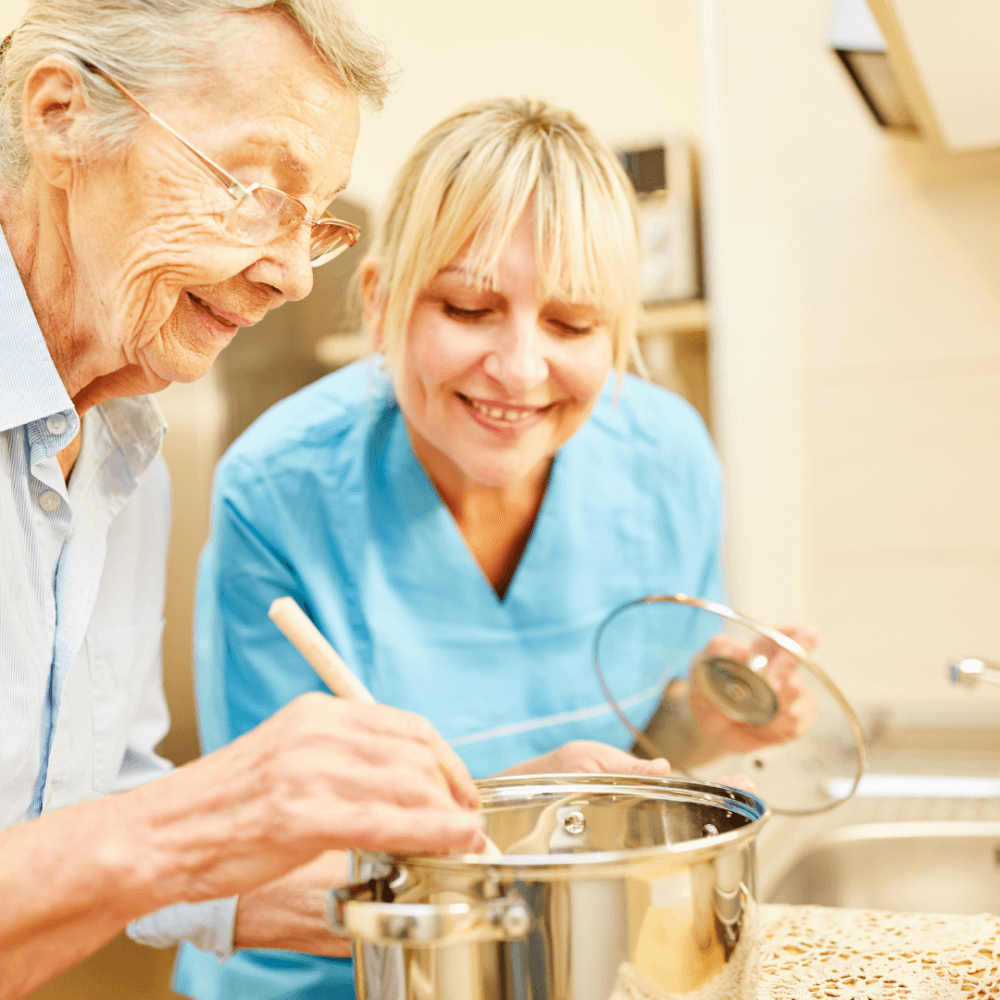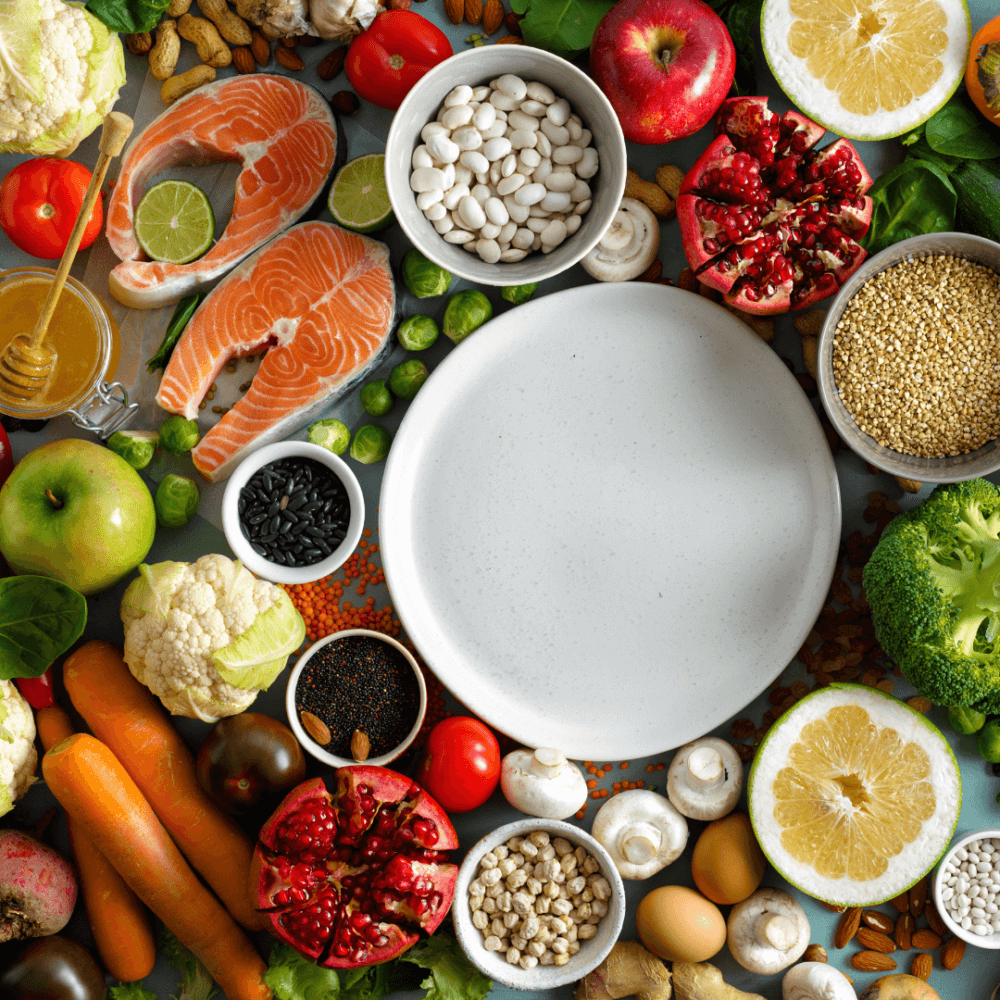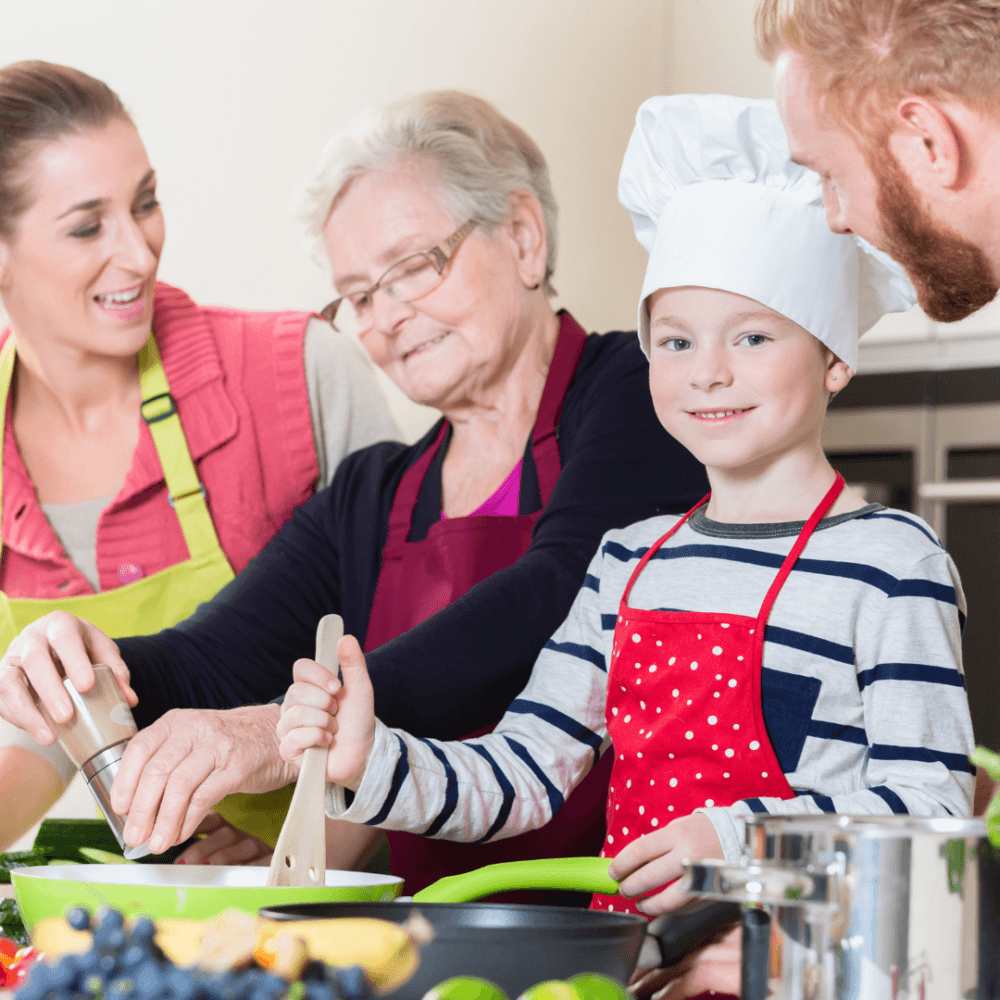How to help older adults prepare healthy meals
Taking care of our body has an ongoing effect not only on our physical but mental health as well.

As we age, changes in eating habits and not being able to maintain a balanced diet are quite common. Even if we become less active, we still need nutritious food on our plates. Some of the reasons why elderly adults do not have a good diet or fail to eat nutritious food are decreased mobility, loneliness, changes in taste and smell.
There are easy-to-prepare meals that are rich in vitamins, proteins, healthy fats and fibre which help maintain a healthy weight.
Let’s not forget one of the energy sources in our meals, the “scary” carbs. Including a variety of foods helps reduce the risk of being underweight or overweight, which can lead to additional health issues. Fruits, vegetables, rice, bread, potatoes, iron-rich food, eggs, seafood, meat, dairy and non-dairy products, and oats are a few examples of foods that can create a nutritional meal.
A publication at GOV.UK states that “It has been estimated that the greater use of healthcare because of malnutrition results in: 65% more GP visits, 82% more hospital admissions and 30% longer hospital stay (Helping older people maintain a healthy diet: A review of what works, 2 February 2017, https://www.gov.uk/government/publications/helping-older-people-maintain-a-healthy-diet-a-review-of-what-works/helping-older-people-maintain-a-healthy-diet-a-review-of-what-works)”

Taking care of our body has an ongoing effect not only on our physical but mental health as well.
Create a routine, write a shopping list and organise a meal preparation. Try to have four smaller meals throughout the day and snacks in between. It is not mandatory to eat at certain times, but being consistent with food and liquid intake is key to creating life-changing healthy habits. We encourage a healthy lifestyle and eating habits for everyone regardless of their age.
Meal planning does not need to be complicated or overwhelming. For instance, fresh, pre-cut vegetables and fruits are available in most local shops. This can reduce meal preparation time and help individuals who meet difficulties with holding a knife, have arthritis or other health conditions.
With this in mind, we gathered some tips that we found helpful over the years.

How to encourage meal prepping
Take your elderly loved one food shopping
It is important to validate their opinion and listen to their needs. In this way, they are more likely to feel appreciated and honoured. It is highly important their fridge to be stocked up with food they will eat. If you don’t have the time to regularly take your elderly loved one for food shopping, you can ask for help from a friend, family or a Care Professional. Another option is to schedule a Home Food Delivery from the local shops.
Cooking together
Preparing meals together can motivate your elderly loved ones to eat regularly and better. Cook together, invite family, friends or neighbours. Organising dinners can help prevent loneliness, which can positively impact their overall well-being.

How to start meal prepping
As we mentioned earlier, it’s important to listen to your elderly parent’s needs and wants. Sit down together and start discussing the following:
- Start with their favourite recipes
- Find recipes that are easy to follow. Include their favourite ingredients or use them as a substitute if needed.
- Try to plan the meals for the week
- Save time by cutting all vegetables upfront or buying pre-cut vegetables from the shop
- You can include leftovers and incorporate them into new meals. In this way, you will reduce food wastage.

Meal prepping comes with many befits, including establishing healthy eating habits, reducing the stress around mealtime, saving time and money. Most importantly, planning meals ensures your loved ones are taking enough nutritious food, which will align with their taste. Together, you can make this experience enjoyable, fun and full of laughter.
See also Fantastic breakfast ideas which are both nutritious and easy to prepare
Find out more about home care for nutrition and a healthy lifestyle in later life stages and see if Home Instead Aylesbury Vale and North East Oxfordshire could be the right choice for you or your loved ones.
Live well, your way Brochure
Download our brochure and find out more about our outstanding services.
– Personal care
– Dementia care
– Live-in care
– Companionship
– Home help